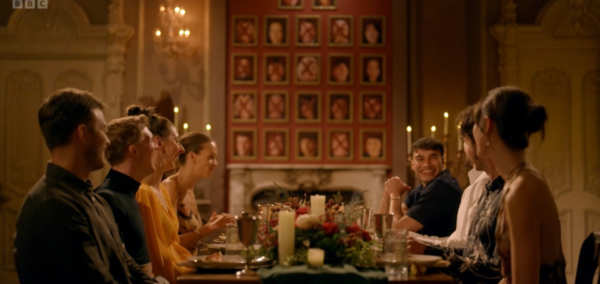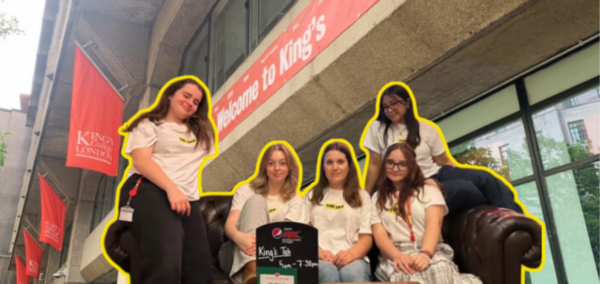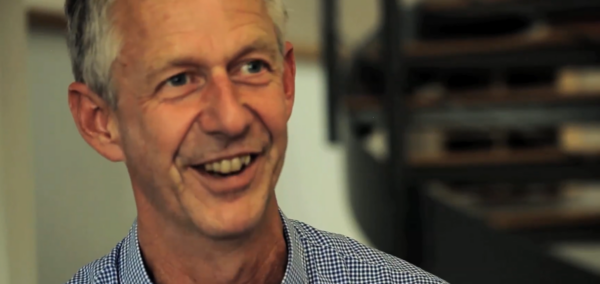
Plans to restrict cars from Park Street are approved in an effort to reduce congestion
The plans have faced backlash from local businesses and some Bristol councillors
Plans to restrict cars from Park Street, a major street that connects Bristol City Centre to the main university area, have been approved.
Bristol City Council’s £15 million scheme will see wider pavements along the roads as well as new bus gates and cycle lanes.
Bristol's Park Street will ban cars from driving down it❌
Only buses, cyclists and pedestrians will be able to travel through the road. There will be some access for cars via side roads.
What are your thoughts? 💭
🔗➡️ https://t.co/QHP9fmipdB pic.twitter.com/PQCJBOQGcf
— BBC Bristol (@BBCBristol) March 21, 2025
The plan aims to reduce congestion between Whiteladies Road and College Green and work is due to start this October.
The improvements could promote community in the area, with wider pavements lending themselves to events and parades, as well as more green space for socialising.
Under the plans, cars will be able to access the street via side roads but will not be able to drive from end to end.
The plans were approved through a vote within the transport committee, with Green councillors voting in favour, Labour abstaining and Conservative and Liberal Democrat members voting against the plans, BBC reports.
While plans have been approved, they face one final hurdle as the full business plan has to be submitted to the West of England Combined Authority (WECA) for approval.
Moreover, the plans have faced some backlash from local businesses, who fear the impact that a lack of cars could have on their trades.
Many businesses are displaying “Save Park Street” posters in their windows to campaign against the developments, and have started a petition which has gained 948 signatures. For a debate to be triggered, they need 3500.

Further concerns about the plans have been raised by Liberal Democrat councillor Nicholas Coombes and leader of Bristol Conservatives, Mark Weston.
Most Read
Nicholas Coombe recognised that the plans included proposals for new bike lanes on Queen’s Road, yet not for Park Street. He asked: “Would this scheme help me cycle from Queen’s Road down to Park Street?
“Actually it wouldn’t. The discontinuities on that cycle path at three different locations means that on all three of those occasions, I would have to do something illegal, unsafe or get off the bike and push it around the corner.
“I would expect a consistent cycle route for the cost of £15m going from one end to the other.”
Mark Weston urged that this will not solve the traffic problem, just move it. He said: “Traffic flows like water. Once you start stopping it up, it then moves into random directions.”
Councillor Ed Plowden, Chair of the Transport and Connectivity Committee, said: “With congestion impacting our economy, environment and health, we need to improve public transport and create more people-friendly spaces.
“By enhancing our transport corridors, we can speed up bus journeys and make walking, wheeling, and cycling safer and more pleasant.
“We are focusing on key bus routes, such as along the A37, A4018, the A4 Portway, and through the city centre, to provide a quick and reliable service.
“Our aim is to prioritise buses, make active travel safer, and create new public spaces to support the local economy.
“It is vital that our plans include local communities, businesses, and regional authorities to build a well-connected city with cleaner air and sustainable transport options.”




















